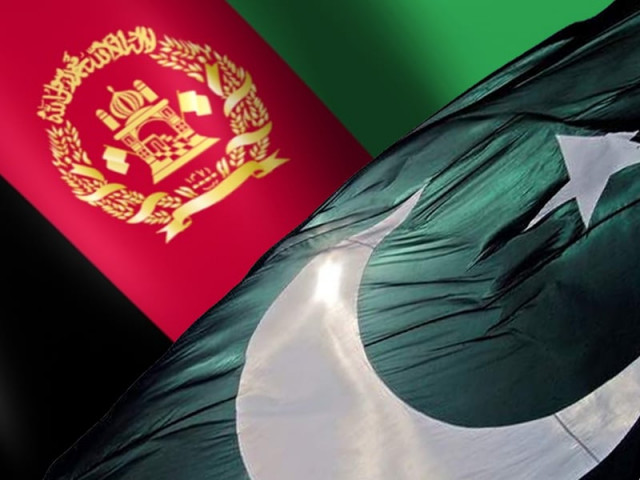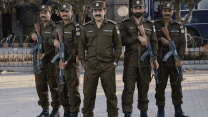Worsening ties
Pakistan and Afghanistan desperately need to cooperate against militancy, the enemy of the people in both lands.

Pakistan and
Afghanistan desperately need to cooperate against militancy and provide the acumen necessary to put these people, as well as the need for regional stability, ahead of all else. PHOTO: FILE

It is, of course, impossible to say how or why the skirmish occurred. The bigger issue is the distinct worsening in ties that we see between the two countries. In Kabul, the Afghan deputy foreign minister, Jawed Ludin, has stated that his government was in a “state of shock” over Pakistani complacency in pushing forward the Afghan peace process. Islamabad is a key player in talks with the Taliban, but has said that the Hamid Karzai-led government was impeding these. It is also well known that in Islamabad, there is a strongly rooted belief that India is directing Afghan foreign policy. This, of course, is not entirely unfounded; and on the same pattern, neither is the view in Kabul that Pakistan’s military establishment plans to use militants as a means to gain control over Kabul after the US withdrawal in 2014.
We have seen such games before. Why Pakistan would wish to entangle itself in a country as complicated — and as disaster-prone — as Afghanistan is hard to understand. But staying away from this complex question, the simple fact is that the way things are going now is not good. Pakistan and Afghanistan desperately need to cooperate against militancy, the enemy of the people in both lands, and provide the acumen necessary to put these people, as well as the need for regional stability, ahead of all else, as they plan the future following the planned US pullout in 2014. The increased tensions we see right now will not help at all in this crucial quest.
Published in The Express Tribune, March 29th, 2013.



















COMMENTS
Comments are moderated and generally will be posted if they are on-topic and not abusive.
For more information, please see our Comments FAQ